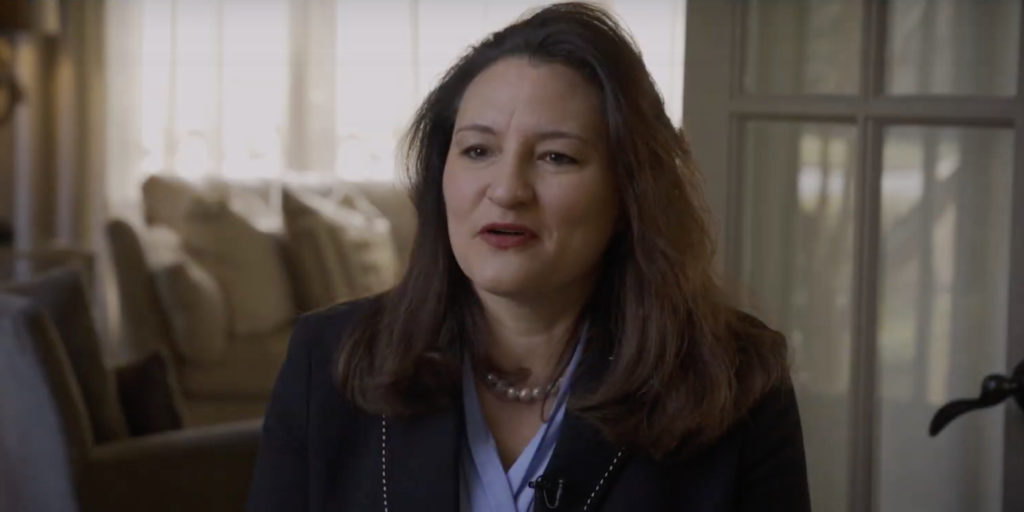Those vying to be Alabama’s top lawyer generally agree that criminals shouldn’t be allowed to keep the gains of their crimes, but the debate about law enforcement’s ability to seize the assets of suspected criminals pits Attorney General Steve Marshall against his Republican and Democrat competitors.
In their responses to an Alabama Policy Institute and Yellowhammer News questionnaire, candidates for attorney general offered their thoughts on Alabama’s civil asset forfeiture laws, which allow law enforcement to take personal assets from those suspected of being involved in criminal activity, even without a criminal conviction.
Attorney General Steve Marshall strongly defended the practice in its current form.
“As Attorney General, and as a prosecutor for over two decades, I have used and directed the use of civil asset forfeiture where appropriate and find it to be a vital tool for law enforcement that must be preserved,” Marshall said. “Like U.S. Attorney General Sessions, I believe that the state has a rightful interest in removing the fruits and instrumentalities derived from crime.”
Alice Martin, one of Marshall’s Republican challengers, also “support(s) the seizure of criminal ill-gotten gains,” but Martin adds an important condition separating her position from Marshall’s, which is that she supports the ability to seize “where there is a criminal conviction.”
Republican Chess Bedsole said civil asset forfeiture “is a necessary tool for law enforcement” but that he “would support legislation providing more transparency to the process.” He did not offer any more specifics about what he would like to see changed.
Marshall conceded that more transparency would be good for increasing public confidence but argued that forfeiture policy under Alabama law provides adequate due process.
“… I would support efforts to make the forfeiture process more transparent to increase public confidence. Further, though due process does exist under Alabama’s forfeiture laws, I would be willing to establish within my Office a process of review for alleged abuse of civil asset forfeiture.”
Martin does not see the state’s forfeiture laws as providing adequate due process protections.
“… In matters where there is no conviction or even a charge, reform of existing law would ensure that a presumption of ‘guilt’ does not flow to an innocent property owner,” Martin said. “There needs to be a protection of due process rights for innocent property owners and safeguards of transparency and reporting to protect against so-called ‘policing for profit.’”
Democrat Chris Christie, like Martin, also wants to see the forfeiture process reformed on due process grounds.
“As to due process, legislative reform is needed,” Christie said. “If no conviction has been yet obtained, the state should promptly have to establish in court why a seizure was appropriate and why a criminal conviction should not be required, and individuals should not be in the position of having to initiate and pursue court actions to have their assets returned.”
Christie also suggested that reform efforts ought to consider changing who keeps the forfeited assets. Currently, law enforcement receives 100 percent of forfeiture proceeds, creating an ostensible incentive structure.
“We also need to consider whether funds from forfeited assets should continue to go to the law enforcement agency or instead into the general funds of state and local governments,” Christie said. “Such a change would remove the arguable profit motive from law enforcement.”
Neither Republican candidate Troy King nor Democrat candidate Joseph Siegelman responded to API/Yellowhammer’s questionnaire.
@jeremywbeaman is a contributing writer for Yellowhammer News













